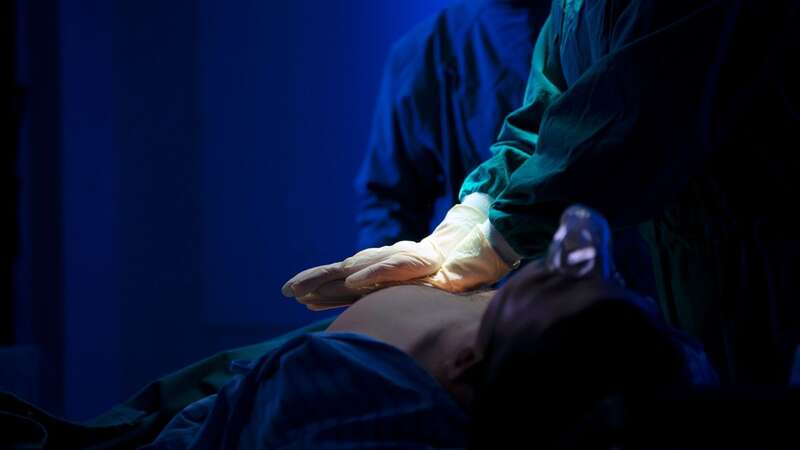

A neuroscientist has shed fascinating insight into near-death experiences - and why some people have them.
People for centuries have reported encountering the phenomenon, often hallmarked with a bright light people say they find themselves walking towards before being jolted back to reality.
Others report floating out of their physical bodies in hospital rooms before reviving medics manage to bring them back from the precipice.
Actress Sharon Stone is among the many to have reported an out-of-body experience when she suffered a brain haemorrhage in 2001 aged 43.
The Basic Instinct star recalled on Good Morning Britain in 2021 how she felt herself being pulled "upward and outward" before ultimately "making a choice" to return to her body.
 Brit 'saw her insides' after being cut open by propeller on luxury diving trip
Brit 'saw her insides' after being cut open by propeller on luxury diving trip
 Have you ever had a near death experience? (Getty Images/iStockphoto)
Have you ever had a near death experience? (Getty Images/iStockphoto)The creepy but often life-altering events have left many scientists and psychologists scratching their heads for decades, with little known about why some people experience the mystical phenomena - until now.
Neuroscientist Dr Jane Aspell has theorised that near-death experiences could be connected to damage to the part of the brain responsible for balance and processing humans' five senses.
Dr Aspell, an associate professor of cognitive neuroscience at Anglia Ruskin University, explained they were "very vivid, very real hallucinations" in a recent talk on the science behind the phenomena.
"There is now strong evidence that out of body experiences, and related experiences, are caused by abnormal functioning in parts of the brain that process and combine signals from our bodies," Dr Aspell said.
"Recent research on neurological patients has shed light on how the healthy brain generates the experience of one's self, and what happens when that construction temporarily goes 'wrong'."
Near-death experiences, it's now understood, originate in the right-hand temporal parietal junction - parts of the brain sitting above both ears.
These parts are where the temporal and parietal parts of the brain meet, and are associated with our social cognition and empathy, as well as processing memories.
Dr Aspell added: "It seems to make sense then that if this area is not functioning as it should, this integration of all of these different signals will not occur as it should, so the experience of being one single body might therefore be disrupted."
The vestibular cortex - a part of the temporal parietal junction - helps us maintain our sense of balance and centre of gravity, with damage to this potentially providing more insight into the phenomena of floating out of your body.
Dr Aspell added that, in several cases where people had the death-defying experiences, the patients had abnormalities in this part of their brains.
 Cowboy gored to death by bull in New Year's Eve rodeo tragedy
Cowboy gored to death by bull in New Year's Eve rodeo tragedy
One woman with epilepsy reported leaving her own body in a hospital in Geneva, Switzerland, before undergoing surgery to remove the part of her brain connected to seizures.
Doctors had implanted electrodes to her brain to track its activity and identify which parts needed removing, and the 42-year-old confessed to having a near-death experience when her temporal parietal junction was stimulated.
Another instance recorded by scientists was of a man about to receive surgery for tinnitus when electrodes were planted onto the same part of his brain.